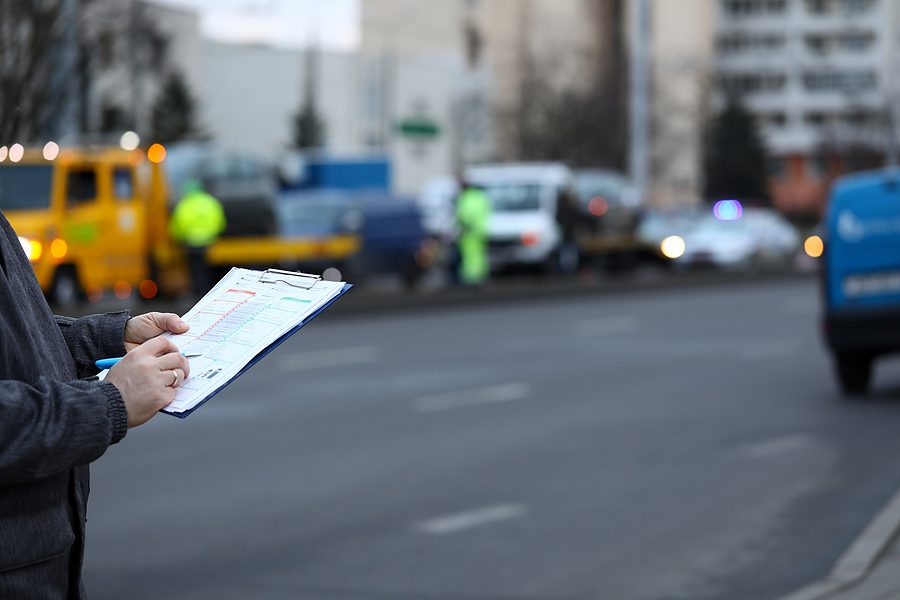
Can You Reject an Insufficient Car Accident Settlement Offer?
When you’re involved in a car accident, the aftermath often includes the necessity of negotiating a settlement offer from the insurance company for the party at fault. A settlement offer is an agreement the insurance company proposes to compensate you for your injuries and damages without going to court. This offer should include enough money to cover medical expenses, lost wages, and other losses incurred due to the accident, but that is not always the case.
Can You Reject an Offer?
You can reject a settlement offer if it does not fully compensate you for your losses. Rejecting an offer allows you to negotiate for a better one or to take legal action to seek fair compensation. Reasons for rejection include:
Insufficient Compensation: Often, initial settlement offers fail to fully cover the immediate financial burdens following an accident. These include medical bills already incurred and compensation for wages lost due to time off work. Calculating these totals accurately is crucial, considering all hospital bills, rehabilitation costs, and any additional health-related expenses that have emerged as direct consequences of the accident. An offer that doesn’t cover these elements is not adequate.
Failure to Address Future Needs: A settlement should satisfy past and current financial obligations, and protect against future expenses which are reasonably certain to be incurred. Many accident victims experience prolonged or permanent injuries that require ongoing care; this can include medications, surgeries, physical therapy, and other forms of rehabilitation. Additionally, if your ability to work is compromised, the settlement should compensate you for future income loss, ensuring that you can continue to pay your bills despite reduced earning capacity.

How to Reject an Offer
Rejecting an insurance settlement offer is as simple as saying no to the insurance adjuster. This should be followed immediately by seeking legal counsel.
- Inform the Insurance Company: You can tell the adjuster no over the phone, in an email, in a text message, or in any other manner that you like. Do not feel the need to explain why, other than to say you think it is inadequate. Be sure to avoid saying or signing anything, however, that the insurance company could use later to claim that you agreed to a bodily injury settlement. So it is best to simply say, “No thank you. Please do not contact me anymore. My lawyer will be getting in touch with you.”
- Consult with a Lawyer Knowledgeable in Car Accident Claims: Engaging a lawyer well-versed in car accident claims is crucial for navigating the complexities of legal and insurance procedures effectively. Such lawyers are familiar with the nuances of accident law and can provide comprehensive guidance on your rights, potential claims, and the realistic outcomes of your case. This legal support is invaluable in assessing whether the settlement offer compensates for your losses, or if further negotiation or litigation is warranted.
What to Do After Rejecting an Offer?
After rejecting the initial offer, you have several negotiation strategies and legal avenues to pursue more appropriate compensation:
Counteroffer: When a settlement offer does not meet your needs, it is advisable to respond with a well documented counteroffer that reflects the full extent of your financial and emotional losses. This should be a carefully calculated proposal derived from a complete evaluation of all medical expenses, lost earnings, and any other costs you have incurred, plus an estimation of costs reasonably anticipated in the future. A counteroffer should not merely be a higher figure but a well-justified amount that can be backed up with documentation and explanations, illustrating your thorough understanding of your damages and their coverage needs.
Evidence: Compiling a robust dossier of evidence is essential to fortify your position during settlement negotiations. This includes detailed medical records that chronicle the extent of your injuries, expert reports from medical professionals or accident reconstruction analysts, and comprehensive evaluations of your future medical and financial needs. This evidence should be presented coherently to demonstrate the direct impact of the accident on your life and livelihood. A strong, evidence-backed claim increases the likelihood of receiving a settlement that truly compensates for the losses suffered.
Mediation: When the parties are far apart, mediation is an option that involves a neutral third party to help facilitate settlement discussions between you and the insurer. This can be a cost-effective method if both sides have a willingness to compromise their positions, allowing both parties to negotiate terms openly in a confidential setting
Litigation: If negotiations fail, litigation becomes the necessary last step. Taking your case to court can help ensure you receive the total compensation you deserve, especially when the insurer’s offers are insufficient or unjust.
Importance of Advocating for Fair Compensation
Turning down a settlement offer and fighting for fair compensation is a decisive step in ensuring your financial stability and recovery after a car accident. Arthur Law Firm is committed to advocating for your right to fair compensation. We understand the complexities involved in these cases and are prepared to guide you through every step of the way.
Securing adequate compensation is about rectifying present losses and safeguarding your future against unforeseen medical and financial challenges. Without proper compensation, you may struggle to pay for necessary treatments or cover living expenses due to an inability to work.
Let Arthur Law Firm help you fight for what you deserve. Contact us immediately at (419) 782-9881 for a free consultation to discuss your legal options and begin the path to securing your future today.